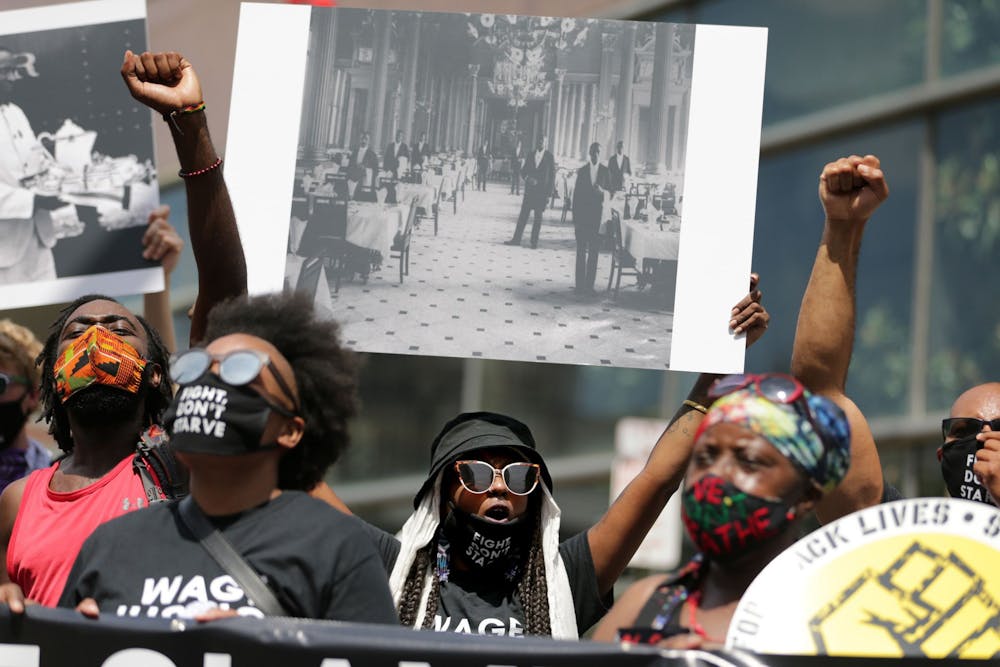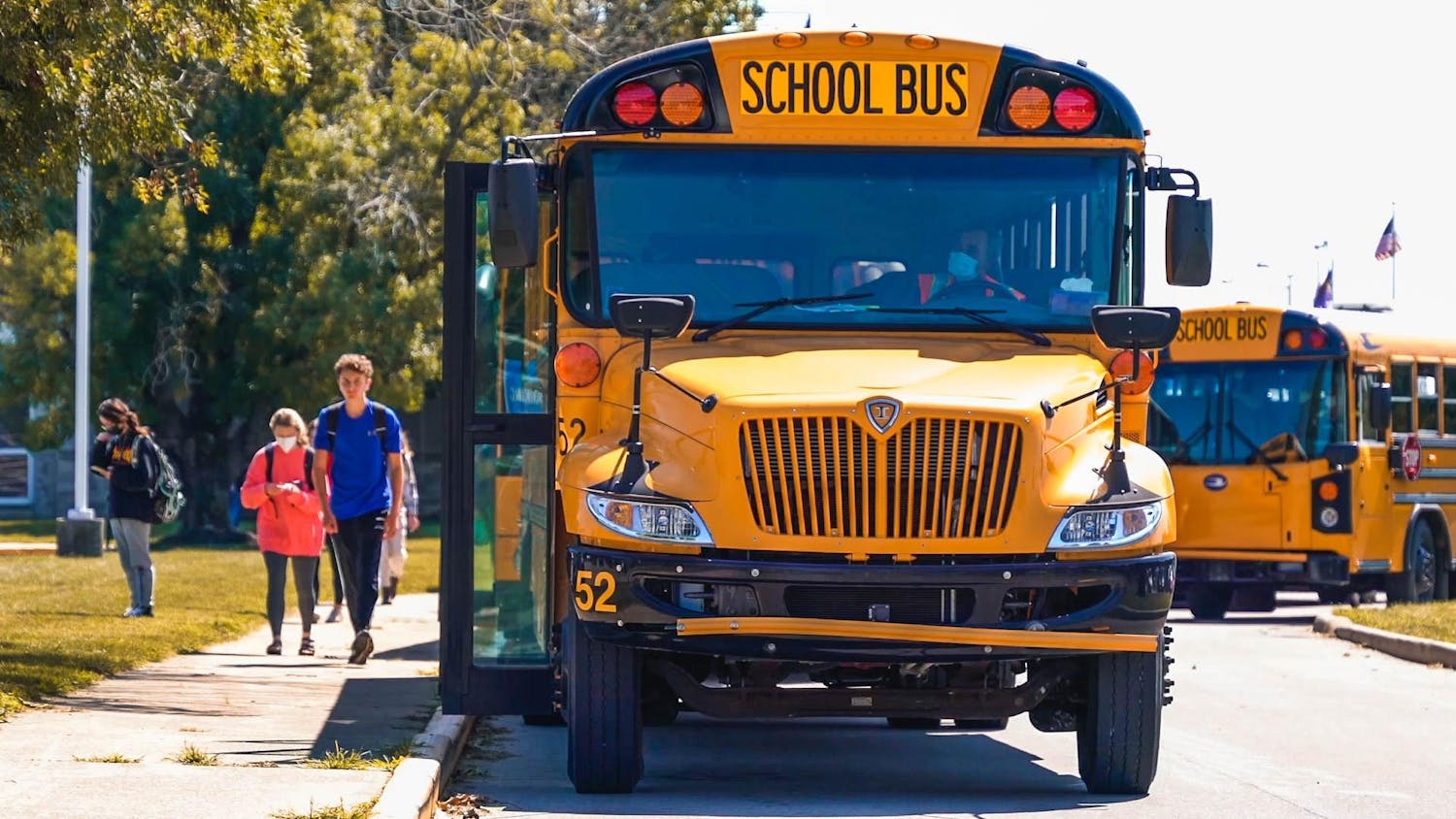The 2020 election revealed the direness of prioritizing class solidarity above political affiliation. We have become complacent towards an antiquated, oligarchic two-party system fueled by indefinite political hostility. The very backbone of our political system relies upon constant feuds among the lower and middle classes.
Let’s talk about political victim syndrome
Rarely do we criticize politicians across party lines. As a Democrat, it is far easier to label former President George W. Bush a war criminal than to acknowledge former President Barack Obama’s at least 473 airstrikes throughout the Middle East, which independent sources estimate killed six times more civilians than the administration claimed. Doing so would require you to admit you enabled a war criminal and are no better than the “other” who voted for Bush.
I am here to remind you war crimes should not be dismissed as an expected feature of the American presidency. War crimes are always unacceptable. A president who murders individuals using a transgender inclusive military is no better than one with a ban on transgender service members.
If your criticisms do transcend political affiliation, you are likely familiar with the forceful reminder from your fellow party members insisting you be grateful because Candidate X is not Candidate Y. Under no circumstance are we beholden to politicians. This classic “lesser of two evils” line reflects a fatal misconception shared by the lower and middle classes, a political victim syndrome of sorts.
Although the actions of elected officials are too often tainted by corporate interests, their claim to office is not some predestined reality beyond our control. In fact, we the people have the full power to directly decide the fate of every elected official.
However, the ever-growing political polarization prevents the lower and middle class from realizing the power of their vote as a collective.
Taking political frustration out on members of the opposing party may appear to be a logical response in a variety of instances. But when every viable candidate is a war criminal distinguishable only by the color of their tie, these attacks are rarely productive. They cause us to lose sight of the real enemy: the millionaire club which dominates American lawmaking.
Class solidarity is therefore critical in helping the lower and middle classes realize their power. It is clear millionaires seldom share the same American experience as the average individual earning $68,000 annually.
How then do we promote class solidarity in a way that transcends political friction?
1. Ditch your ego
This step is perhaps the most difficult.
It is not easy to admit you supported a candidate who unapologetically led airstrikes throughout the Middle East, killing thousands and perpetuating an indefinite conflict, because you believed they were better than the alternative.
The false dichotomy at the ballot box between Democrats and Republicans is nothing more than a social construct. We could have acknowledged the legitimacy of a third-party candidate decades ago.
In order to move towards greater class consciousness we must be willing to first admit we played a role in building and preserving the American oligarchy whether or not we viewed the decision as voluntary.
2. Adopt a class conscious approach to politics
Instead of constantly using political affiliation as a means to explain societal issues, we must adopt a class conscious perspective. Prioritizing class during political discourse offers much greater insight into the causes and subsequent solutions pertaining to societal issues.
There is no debate that Democrats, Republicans and third-party voters alike are dissatisfied with American political institutions. Only 20% of Americans trust the federal government. Consequently, political orientation alone is not enough to analyze problems shared by the 81% of Americans who make up the lower and middle classes.
For example, an overwhelming majority of Americans support limits on political campaign spending.
It may sound counterintuitive to pay political affiliation little mind when discussing public problems. Giving more attention to class is imperative to acknowledge the shared grievances of all Americans.
3. Familiarize yourself with political theory
It pains me to suggest anyone should navigate the perplexing realm of theory even as a political science minor. Nonetheless, understanding the varying approaches to political thought offers insight into alternatives to the American capitalist model. After all, it is difficult to unite the classes under a premise with no clear solution.
I suggest beginning with the following scholars: A. F. K. Organski, Niccolò Machiavelli, Thomas Hobbes, Alexander Wendt, Amitav Acharya, Barry Buzan and Immanuel Wallerstein.
There is much work to be done beyond these three steps if the lower and middle classes wish to dismantle the American oligarchy. However, our future efforts will fall short unless we work now to build a strong foundation for the massive undertaking and prioritize class solidarity.
Katelyn Balakir (she/her) is a junior studying policy analysis and world political systems. She is a member of Indiana Model United Nations.






